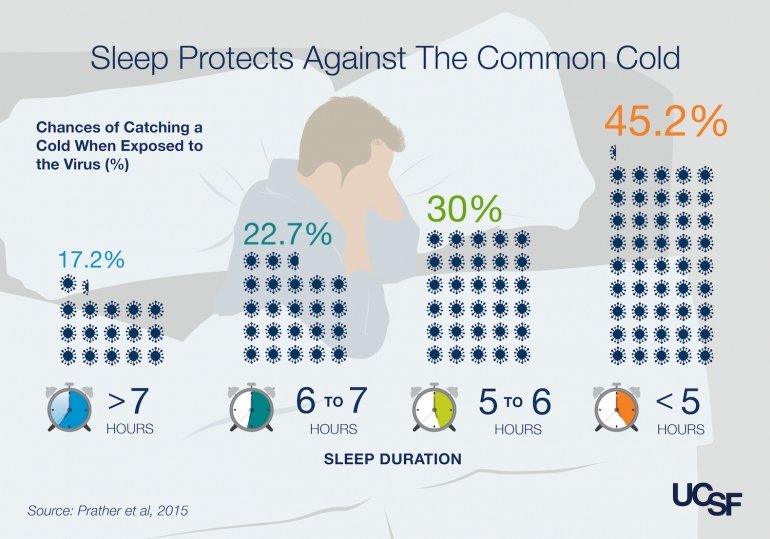
Sleep Athletic Performance
|
|
Time to read 3 min
|
|
Time to read 3 min
So you’re an athlete! Great. Or maybe you’re a wannabe athlete? Aspiring weekend warrior? Used-to-be an athlete?
Whatever level “athlete” you may be – even of the armchair variety – sleep matters.
The majority of the greatest athletes in the world are focused eating and training right to thrive for their sport. Sleep plays a critical role in achieving the highest results and athletic performance.
The quantity and quality of sleep athletes plays key role to their performance. Sleep provides energy to both the body and the brain. When we have interrupted sleep, the body is not able to release important hormones, consolidate and repair memory functions.
Sleep is the body’s way of managing information and repairing itself for the day. The function is very much like a sieve, that tosses out everything which is not required in the body, and removing all unnecessary information from the brain. Very much like a delete button for our brains.
Sleep plays a critical role in repairing tired muscles helping them perform better in the following day. It’s generally recommended for a person to sleep 7-9 hours, but for an athlete in training should sleep more hours since their bodies require more rest and healing.
Getting an appropriate, proper amount of sleep increases reaction times and alertness.
Even moderate sleep deprivation has the same effect on reaction time as that of alcohol intoxication of 0.05 blood alcohol content.
Sleep also impacts the ability of a person to learn new activities in motor performance and coordination. New memory construction is enhanced through learning.
Earlier hours of sleep involves muscle memory consolidation which improves our movement with less utilization of our conscious energy. It’s easier to move, without thinking.
Our vigilance, attention, and focus are reduced when we cut short sleep. Our ability to receive and implement new and existing information is reduced without proper sleep.
To improve athletic performance, we must be must be motivated. A lack of sleep means we’re more likely to be irritable, and unmotivated.
Sleep plays a vital role in the release of hormones. Insufficient sleep can result hinder the release of hormones that play a major role in appetite regulation, such as leptin and ghrelin, which play a major role in proper appetite regulation.
The quality of sleep is more important than the quantity of sleep. Growth hormone plays an essential role in the body endocrine system. It helps in bone growth, muscle building, muscle repair and enhances fat oxidization.
Deep sleep regulates cortisol (stress hormone). When we experience a lack of sleep, we end up producing more cortisol. High cortisol levels can result in the following:
Needless to say, none of these are good for athletic performance!
Research has shown that adolescents who spend less than eight hours sleeping per night are more likely to experience injury as compared to their counterparts who spend more than eight hours sleeping. Getting injured can’t be good for athletic performance!
People who sleep less than seven hours have a significantly higher chance of developing a cold after being exposed to a cold virus. Sleep less than five hours a night? You’ve got a 45% chance to catch that cold compared to those who sleep 7 or more hours and have a 17% chance.
We all know that catching a cold can set us back physically in many ways – and definitely concerning athletic performance.

Sleep plays an important role in rest and recovery. Specifically, it plays a role in muscle recovery in respect of the types of hormones (myostatin glucocorticoids that catabolize muscle) that are released without adequate sleep VS testosterone (promotes growth and repair) when one receives proper sleep.
So, sleep deprivation results in catabolic hormones being released in which protein degradation occurs. So in simple terms, proper sleep ensures that you’re releasing more testosterone that helps muscle growth and recover, instead of myostatin glucocorticoids that ‘catabolize‘ at your muscles.Set featured image
Sleep plays a critical role in maintaining optimum health. It is a pillar for achieving maximum results for athletes.
Sleep helps in athletes motor function and reaction time, motivation, stress regulation, focus, memory and learning, illness rates, injury risk, glucose metabolism, muscle glycogen, and muscle recovery.
Adequate sleep is an important factor in achieving the best results possible for athletes.
Fawcett helped athlete @eleobat get on a Fawcett Model 6 mattress! He’s busy ripping it up as a track cyclist around BC and Canada.
The post Sleep Athletic Performance appeared first on Fawcett Natural Mattresses.